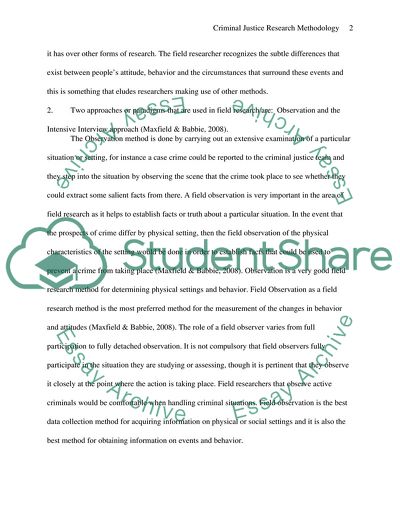Cite this document
(“Criminal Justice Research Methodology Term Paper - 1”, n.d.)
Criminal Justice Research Methodology Term Paper - 1. Retrieved from https://studentshare.org/law/1737059-criminal-justice-research-methodology
Criminal Justice Research Methodology Term Paper - 1. Retrieved from https://studentshare.org/law/1737059-criminal-justice-research-methodology
(Criminal Justice Research Methodology Term Paper - 1)
Criminal Justice Research Methodology Term Paper - 1. https://studentshare.org/law/1737059-criminal-justice-research-methodology.
Criminal Justice Research Methodology Term Paper - 1. https://studentshare.org/law/1737059-criminal-justice-research-methodology.
“Criminal Justice Research Methodology Term Paper - 1”, n.d. https://studentshare.org/law/1737059-criminal-justice-research-methodology.


